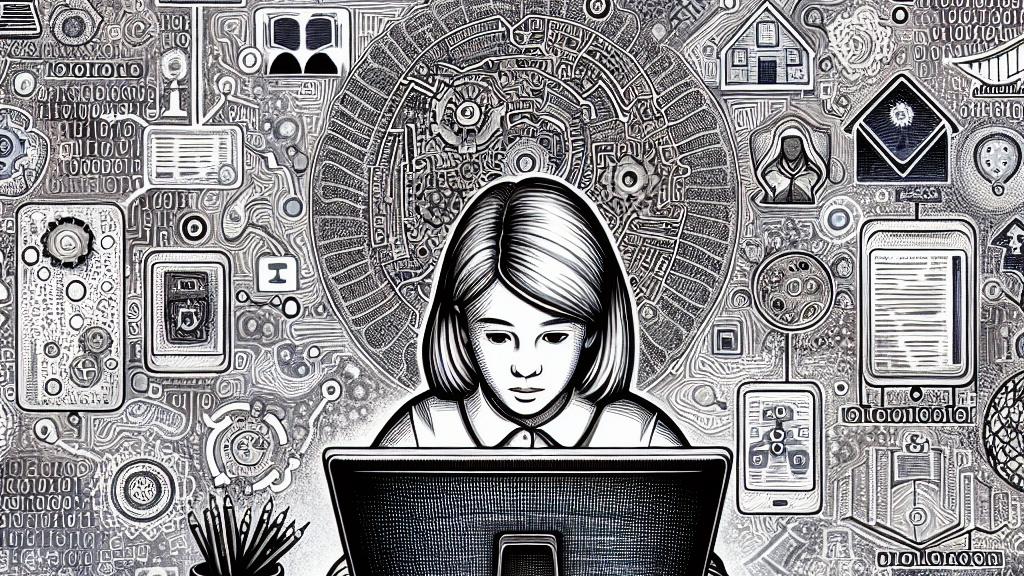How AI Helps Students with Disabilities Succeed in School
Overview
- AI is revolutionizing education, making learning accessible for students with disabilities.
- Assistive technology enhances engagement and personalized learning experiences.
- Schools are swiftly adapting to implement AI for diverse educational needs.

AI: A Game-Changer for Students
In the United States, schools are beginning to unlock the incredible potential of artificial intelligence for students with disabilities. Take Makenzie Gilkison, for instance—this young girl from Greenfield, Indiana, faced significant challenges due to her dyslexia. Words that should be simple turned into puzzles, leaving her feeling frustrated and even questioning her intelligence. However, thanks to AI-powered tools like chatbots that assist with spelling and programs that read aloud, Makenzie has transformed her academic life. Now, she’s not just keeping pace; she's an active member of the National Junior Honor Society! This dramatic turnaround highlights how critical the U.S. Education Department’s initiative is to integrate such technologies, ensuring all students can access the resources they need for success.
Unlocking Understanding and Confidence
The journey of using AI doesn't end with Makenzie; another inspiring story is that of Ben Snyder from Larchmont, New York. When faced with complex math problems, Ben often felt hopeless, lost in a sea of confusion. But everything changed when he began using AI to break down difficult concepts into manageable pieces. For instance, when he needed help with a book report, he crafted an outline in a mere 15 minutes—an accomplishment that would usually consume him for an hour and a half! His excitement was tangible, akin to discovering a secret cheat code in a challenging video game! However, Ben also shared a valuable insight; while AI can significantly aid his studies, relying on it entirely to write his report would feel like crossing a moral line. This thoughtful perspective underscores the importance of balance: using technology for support while still nurturing essential skills.
Striking a Balance: Learning and Growth
Yet, the incorporation of AI into education isn't without its challenges. Educators voice legitimate concerns that students may become overly reliant on technology. Imagine if students chose to depend solely on AI for reading and writing tasks; they could easily miss vital opportunities for growth and self-improvement. For example, if an individual education plan sets specific reading targets, students need to practice those skills rather than let machines take over the process. Paul Sanft, who directs a Minnesota-based center for assistive technology, astutely points out that many students seeking assistance are simply striving to achieve what their peers can do naturally. So, while AI serves as a remarkable ally in bridging learning gaps, its role should enhance students' educational experiences—not overshadow them. Overall, this remarkable technology opens doors for students with disabilities to not only keep up but also to thrive, enriching their learning journey and facilitating genuine empowerment.

Loading...